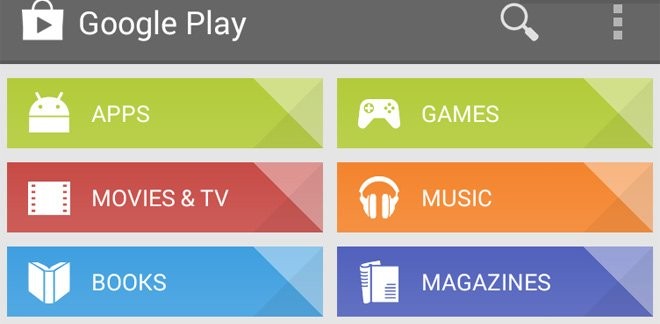Google Play store is undoubtedly one of the most massive compendium of handheld applications online and is one of the major factors behind Android’s success over its competitors as the most preferred mobile platform. The fact that android is completely open source allowed users to develop their own applications to solve problems and led Google to simply create a platform and let things flow from there. Today, the Play Store handles over 100 Billion searches made every month along with thousands of new apps added every day by developers all around the world.
However, things are not quite as simple as Google simply letting things run themselves. After all, what is to stop someone writing malicious or inappropriate, and low-quality apps and publishing them on the Play Store causing a lot of hassle to unwary customers. But, this does not in fact happen. Why? Because Google has a whole arsenal of heavy duty algorithms at work, keeping track of everything that is uploaded to the play store every single day.
However, nothing is perfect — not even Google’s Programs — and sometimes even they end up making mistakes, allowing the wrong kind of programs to go through or keeping the right ones blocked to take a single example, not to mention that this process is quite time consuming. Keeping these things in mind, Google has finally decide to include humans into the loop and begun manual reviewing of apps submitted to the Play Store. Actually, in accordance with its theory of keeping ahead of everyone else, the decision was taken and implemented months ago and judging by the fact that everything is more or less normal, we can say that it has been successful.
As Purnima Kochika, Director of Business Development for Google Play said “100 percent of the apps that are currently submitted to the Play Store are reviewed manually, at least to some extent”. Google hasn’t and can not completely let go of its automated programs since the number of applications being submitted for reviewing is just staggering, but the decision to accommodate humans as well will probably make the system faster, more efficient and much less prone to error.
According to Google “This new process involves a team of experts who are responsible for identifying violations of our developer policies earlier in the app life cycle. We value the rapid innovation and iteration that is unique to Google Play, and will continue to help developers get their products to market within a matter of hours after submission, rather than days or weeks. In fact, there has been no noticeable change for developers during the roll out.”
This is also important since developers can now get much quicker publishing status update on their submitted applications. For example, if the app suffers from some minor copyright violation, the developers get quick feedback and can take corrective measures instead of having to wait for weeks or even months to hear back from Google. As a final update, Google has also included a mandatory-from-May questionnaire for developers to fill out to decide their content rating.
Well, lets wait and see how these changes turn out. Come back soon as we discover more on this.







